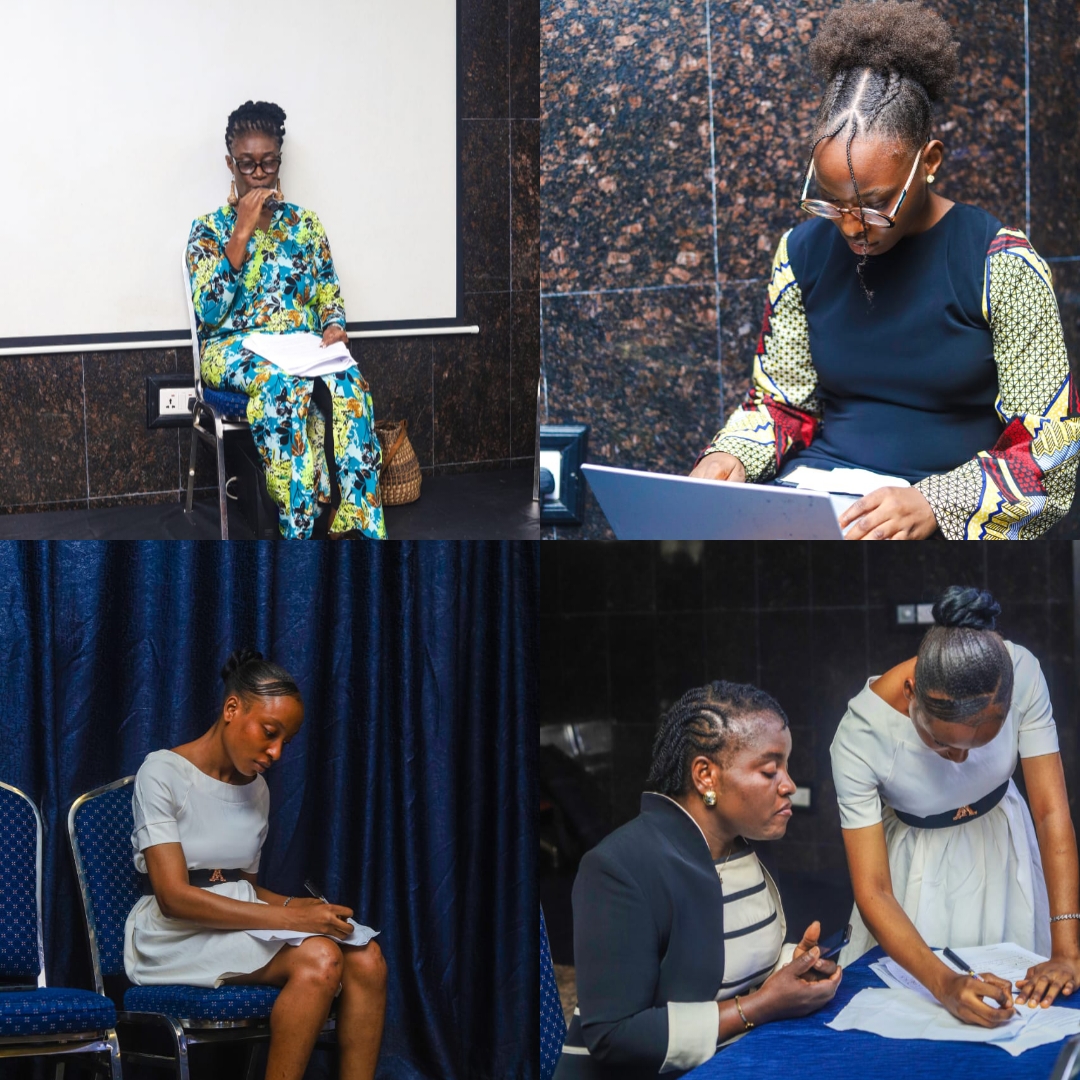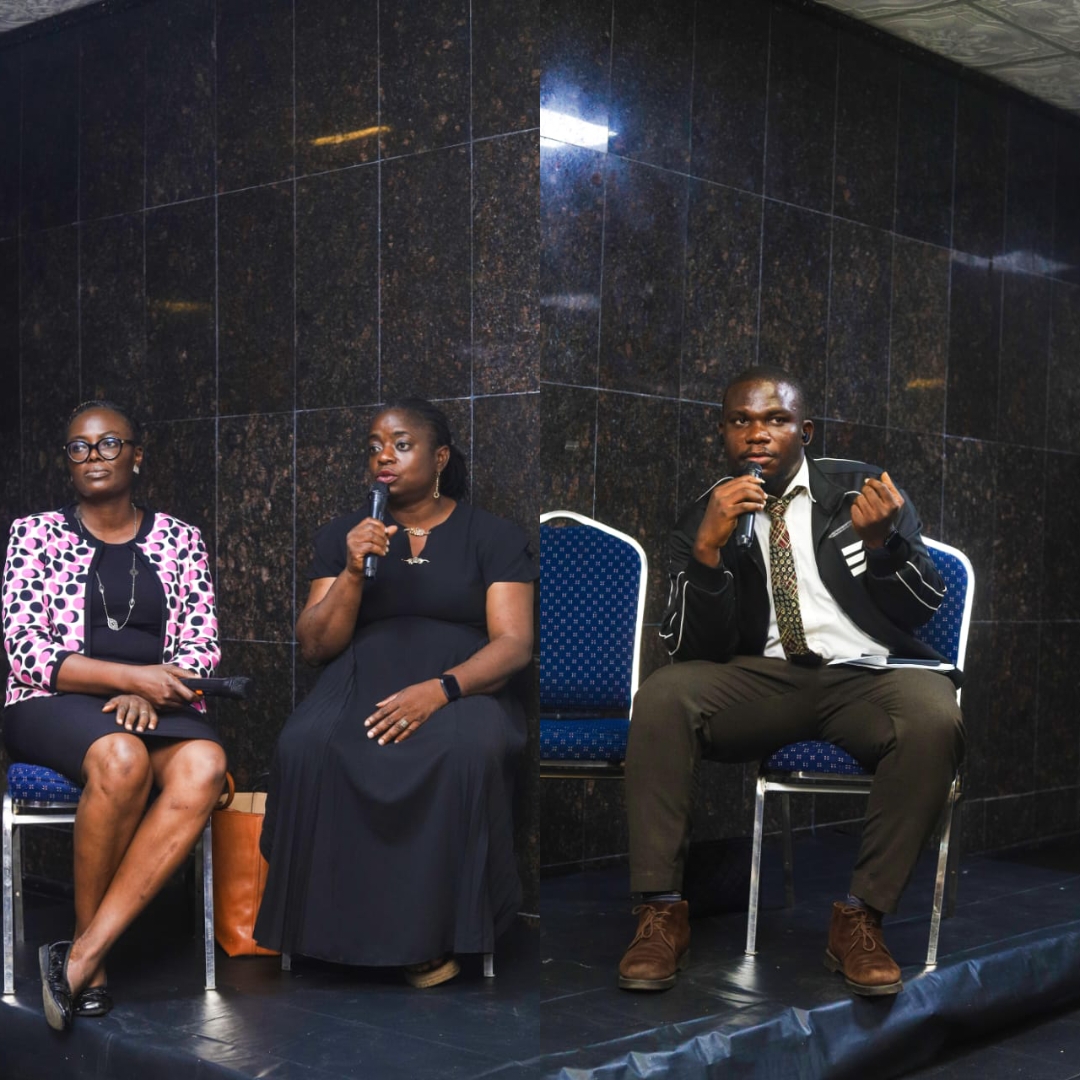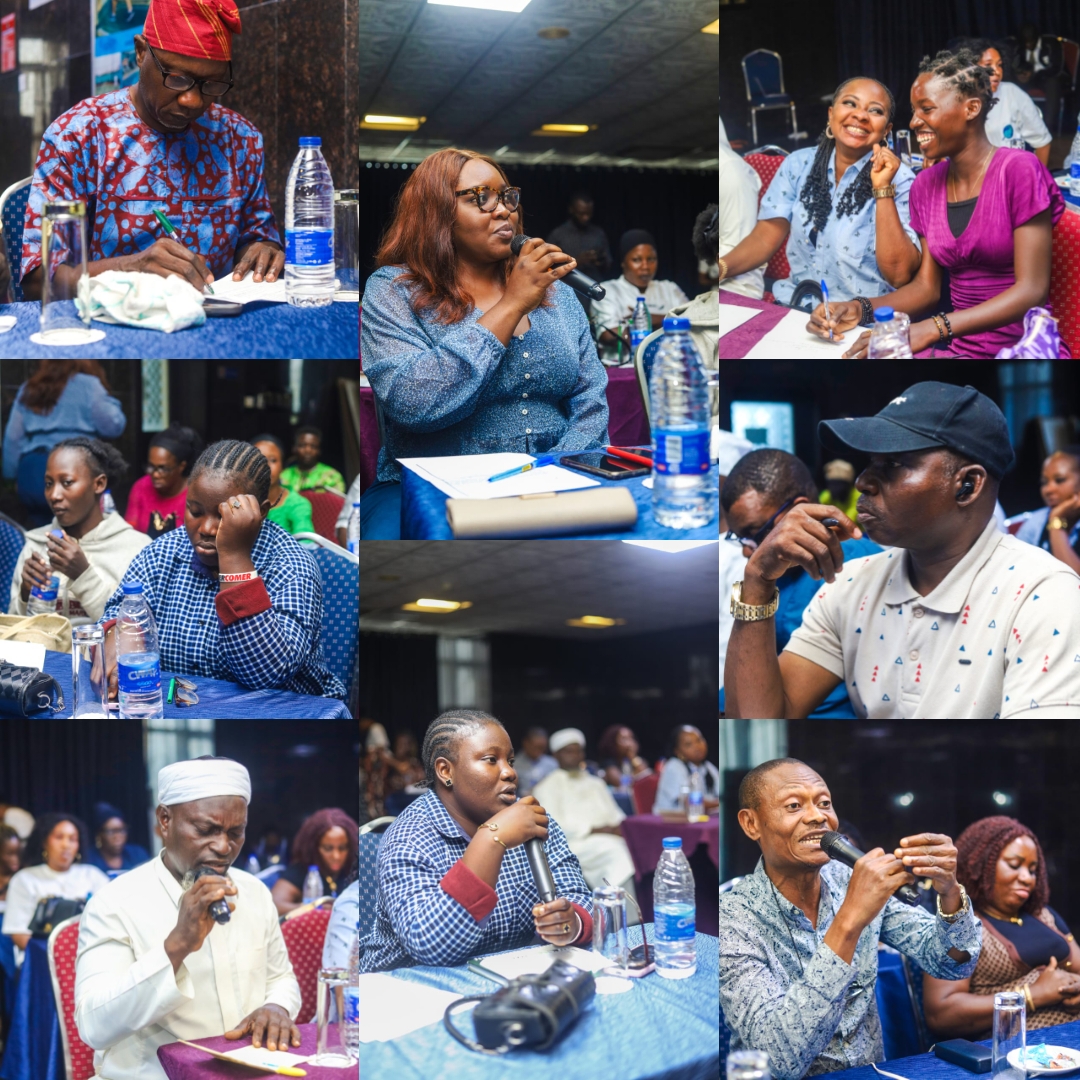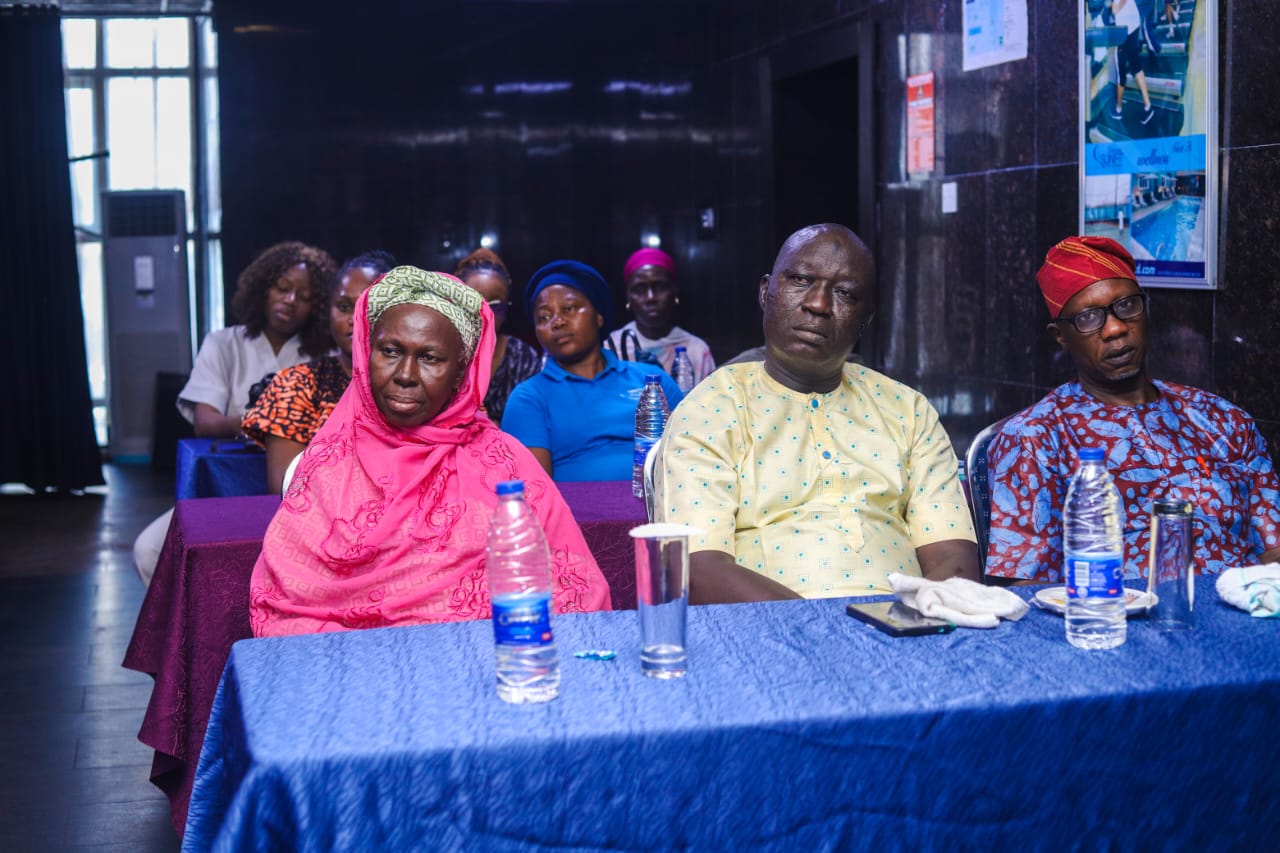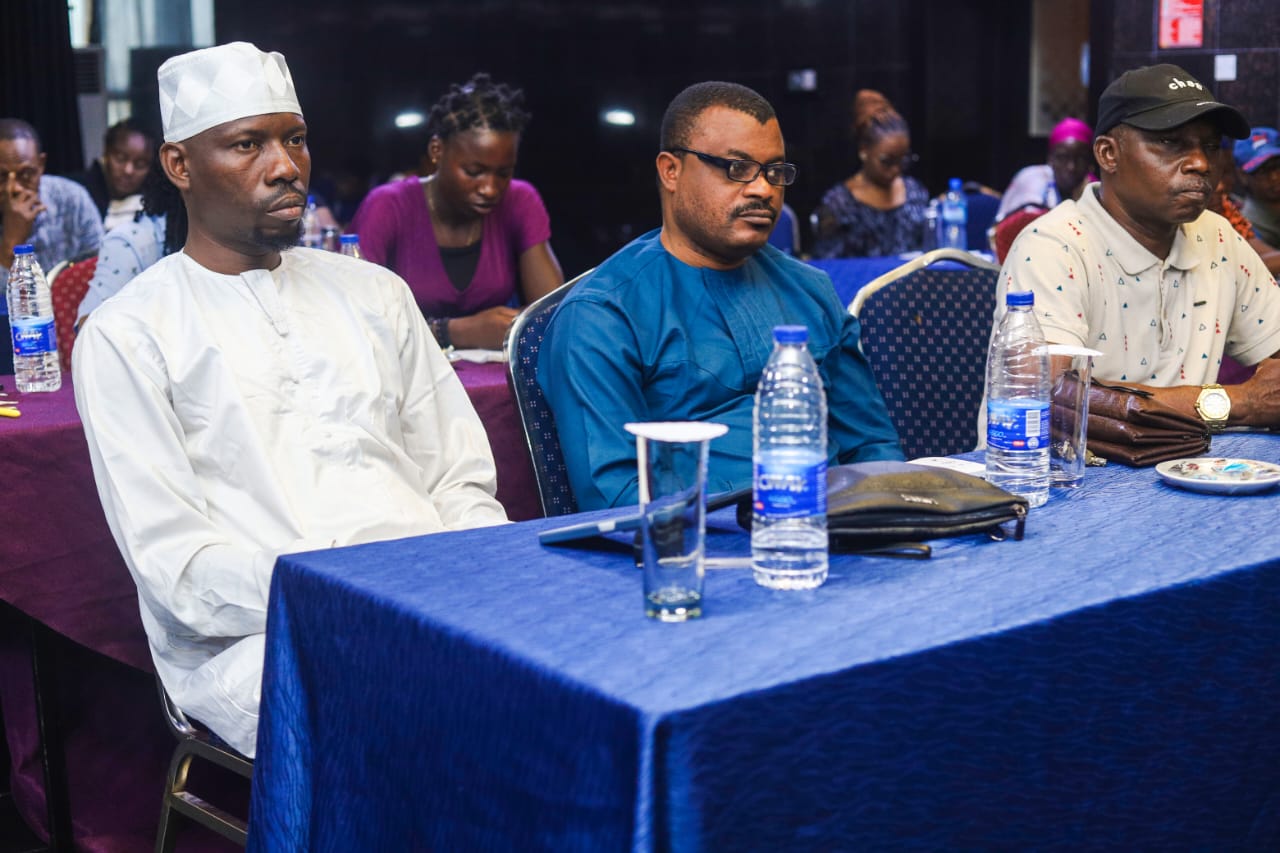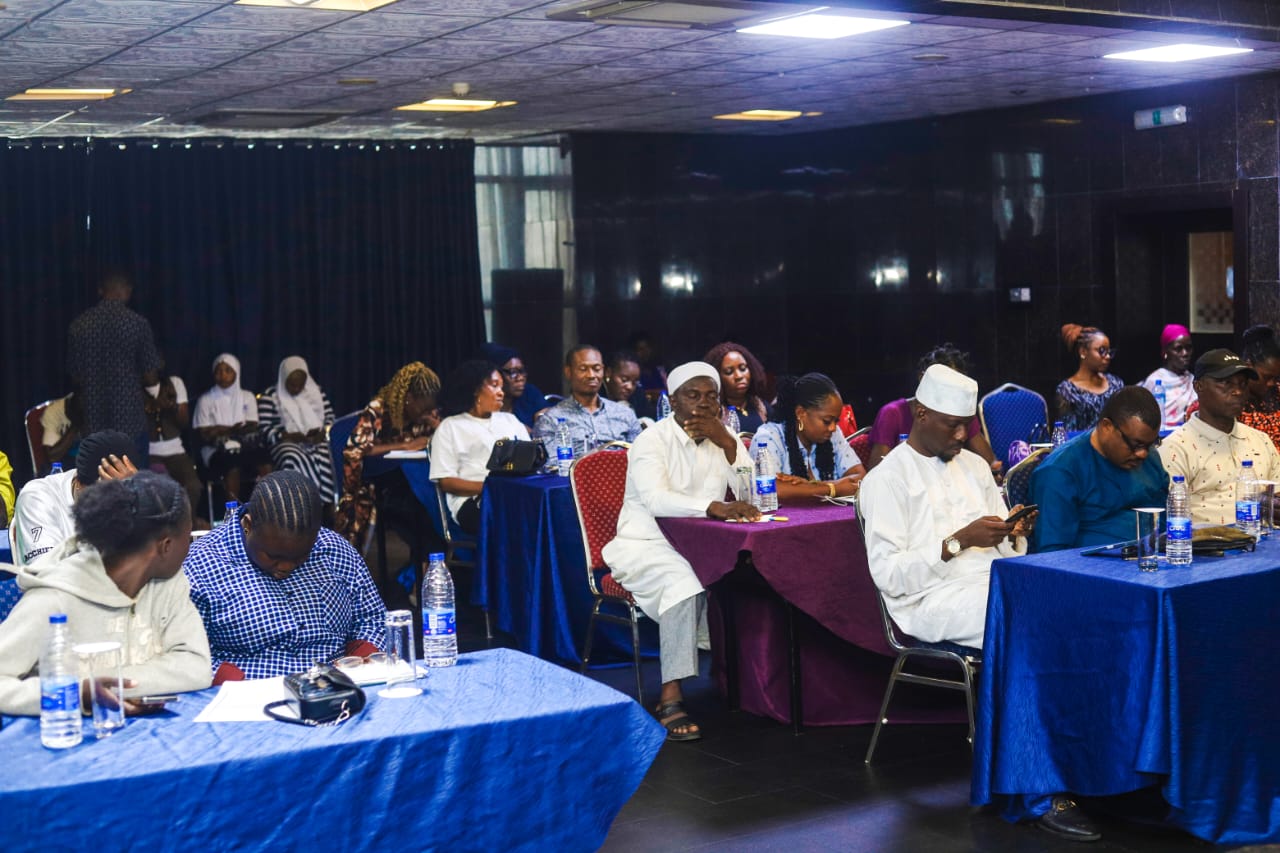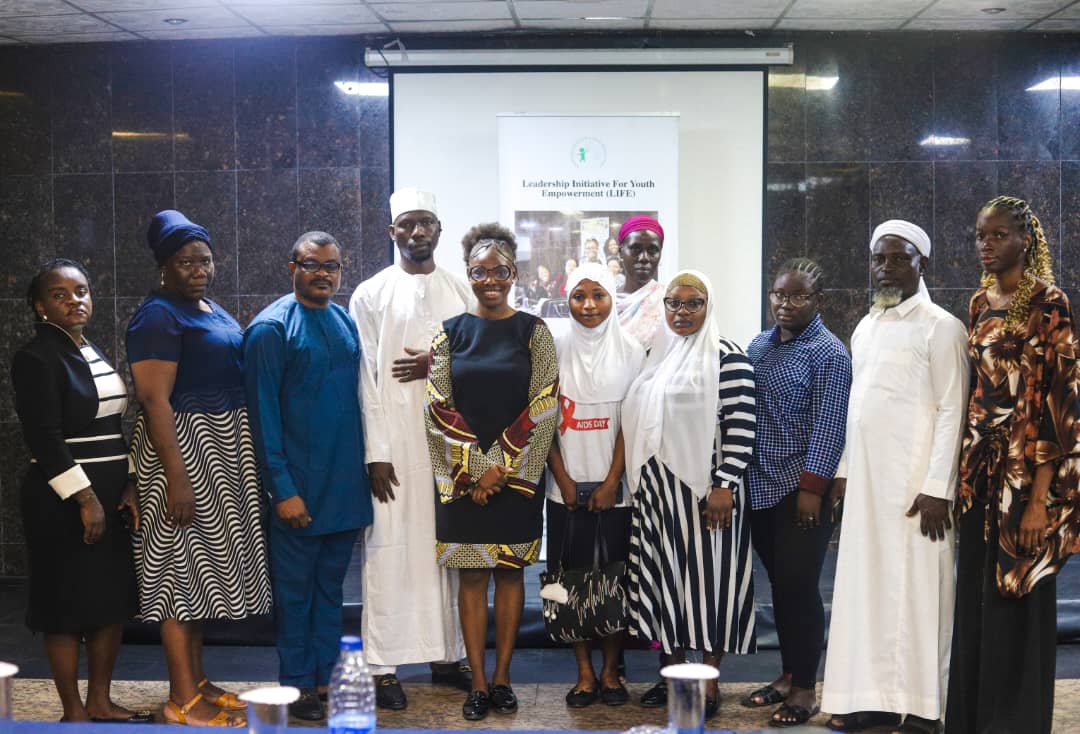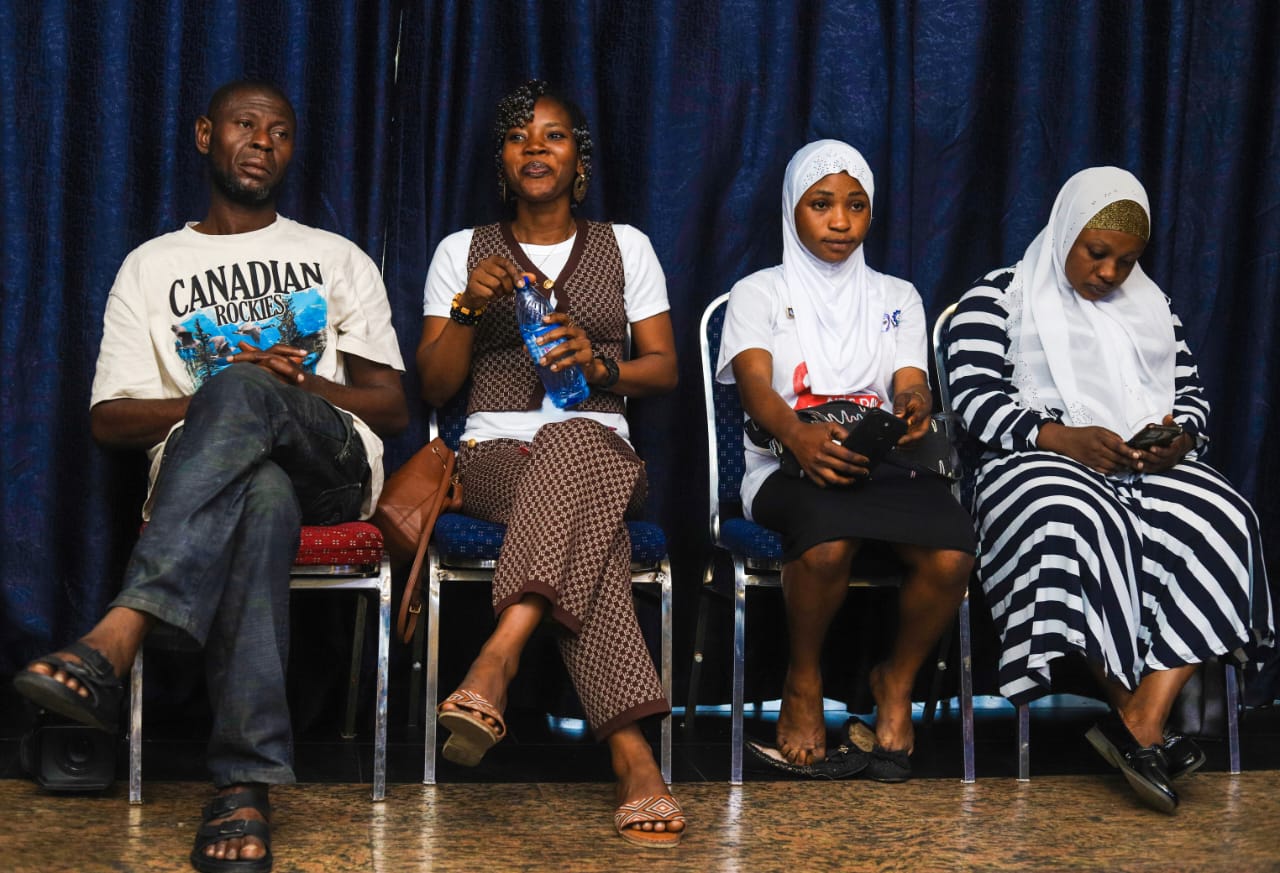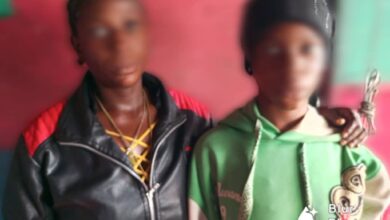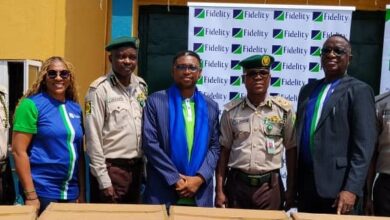Rewriting the Narrative: LIFE Partners with Experts and Faith Leaders to Champion Safe Abortion Awareness in Nigeria
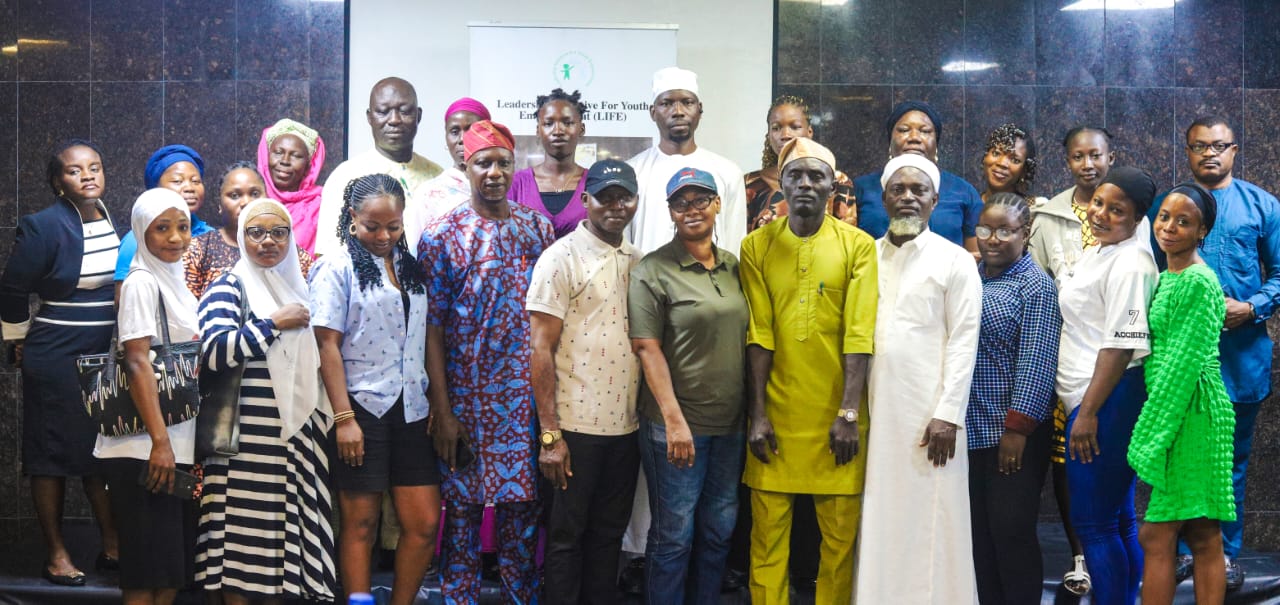
Rewriting the Narrative: LIFE Partners with Experts and Faith Leaders to Champion Safe Abortion Awareness in Nigeria
By Naomi Onome
At a powerful gathering on October 16, 2025, in Lagos, the Leadership Initiative for Youth Empowerment (LIFE) convened medical professionals, clerics, community leaders, and youth advocates for a panel discussion to transform public discourse on abortion in Nigeria. The event, themed “Transforming Narratives, Empowering Care,” tackled deep-rooted misconceptions, legal misunderstandings, and the urgent need for compassionate, evidence-based awareness campaigns.
Abortion in Nigeria: Legal but Restricted
One of the central messages of the panel was clear: abortion is not illegal in Nigeria; it is restricted to specific health indications, particularly when the life of the woman is at risk. Yet widespread misinformation continues to fuel stigma, fear, and silence. Dr Ngozi Nwosu of Vision Spring Initiative emphasised that within Nigeria’s legal framework, medical professionals are permitted to perform abortions to save lives.
“We must stop living in denial,” she said. “Unsafe abortion is a public health crisis, and the records are alarming.”
Unsafe Abortion: A Preventable Tragedy
Dr Modupe Adedeji, consultant gynaecologist and Lagos sector secretary of the Society of Obstetricians and Gynaecologists of Nigeria (SOGON), highlighted the medical realities that often necessitate abortion, such as dangerously high blood pressure, foetal death, and mental health instability. She stressed that safe abortion, when performed by skilled professionals, can be life-saving.
“We need to build a road to safe abortion,” she said. “Especially in rural communities where teenage pregnancies and misinformation are rampant.”
Her call to action included extending awareness campaigns to underserved areas and encouraging women to consult healthcare providers, understand their rights, and seek support from trusted networks.
Breaking Myths, Building Understanding
Dr Sholakunmi Olusanya of Action Health Incorporated (AHI) underscored the importance of prevention and education. She pointed to global examples where early SRH education has reduced teenage pregnancies and improved health outcomes.
“If we don’t equip young people with accurate information, how do we expect them to make safe choices?” she asked.
Meanwhile, Damilola Danbaba of the Centre for Bridging Health Gaps (CBHGaps) addressed the shifting media landscape. He noted that while abortion is increasingly discussed online, misinformation remains rampant.
“Abortion is not a moral failure, it’s a health issue,” he said. “Social media can be a tool for truth, if we use it wisely.”
Danbaba emphasised the power of storytelling and strategic language in reframing abortion narratives, especially among young people.
Faith, Culture, and Community: A Call for Synergy
The panel also explored the role of religious and traditional leaders in shaping public opinion. Participants agreed that faith should be a source of compassion, not condemnation. Engaging clerics and community elders in sensitisation efforts was seen as vital to dismantling stigma and promoting safe care.
Dr Ngozi reiterated that many women seeking abortions are not irresponsible; they are mothers, wives, and survivors navigating complex realities. She called for safe spaces where young girls facing poverty, abuse, or rape can access care without fear.
Toward a National Reorientation
The session concluded with a shared commitment to amplify accurate information, prevent unwanted pregnancies, and protect access to safe abortion services. Participants called for:
Context-sensitive education
Strategic use of social media
Collaboration with religious and community leaders
Expansion of rural outreach
Protection of health workers acting in good faith
Watch and Share: The Public Health Perspective
To further the campaign, LIFE recommends sharing this powerful video featuring three Nigerian doctors who speak candidly about abortion as a public health issue. Their insights highlight the consequences of limited access to safe services and the strain unsafe abortions place on the healthcare system.
🔗 Watch here
Unsafe abortion is preventable. Compassionate communication, legal reform, and community education can save lives. Let’s build a future where every woman has access to safe, dignified care.

